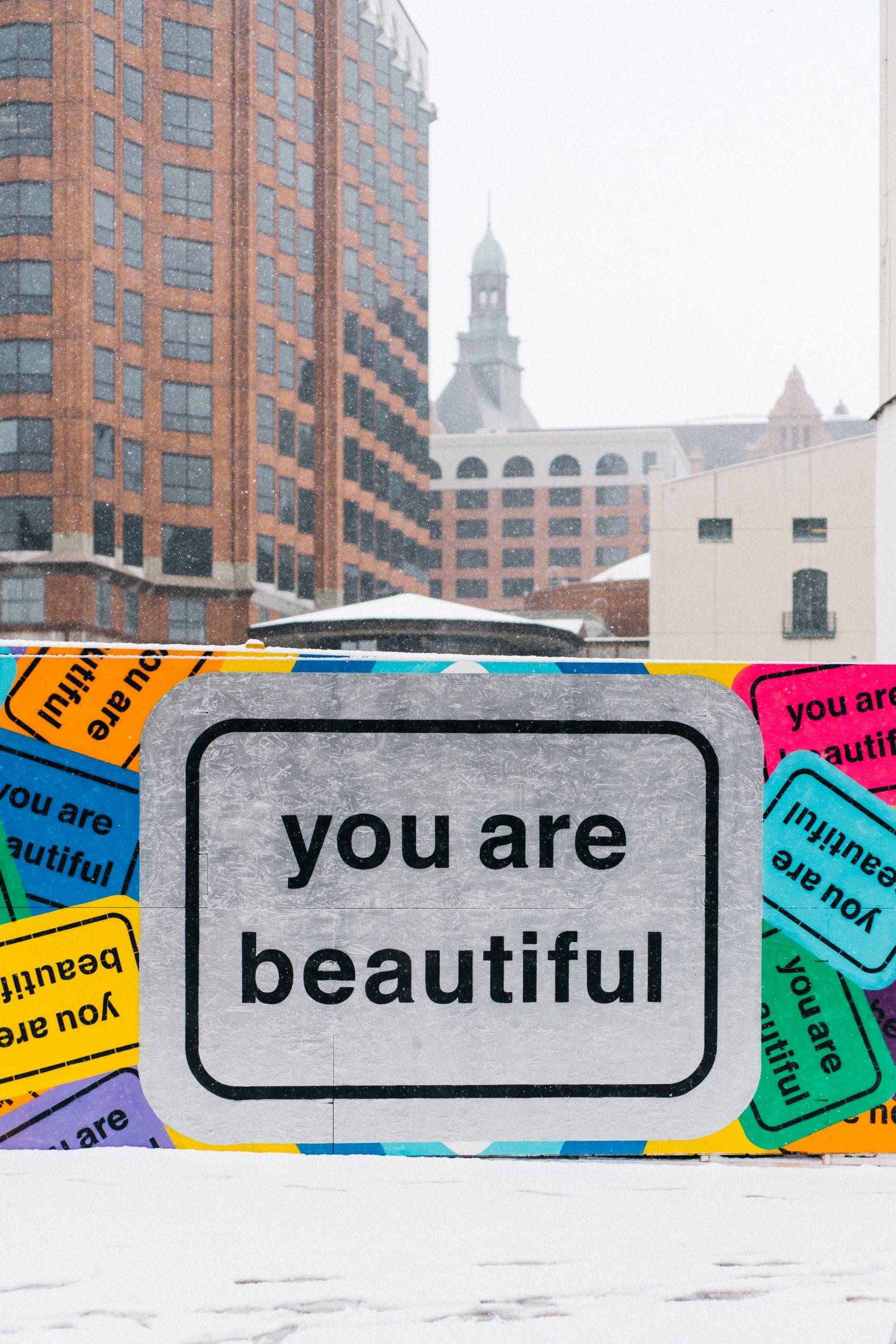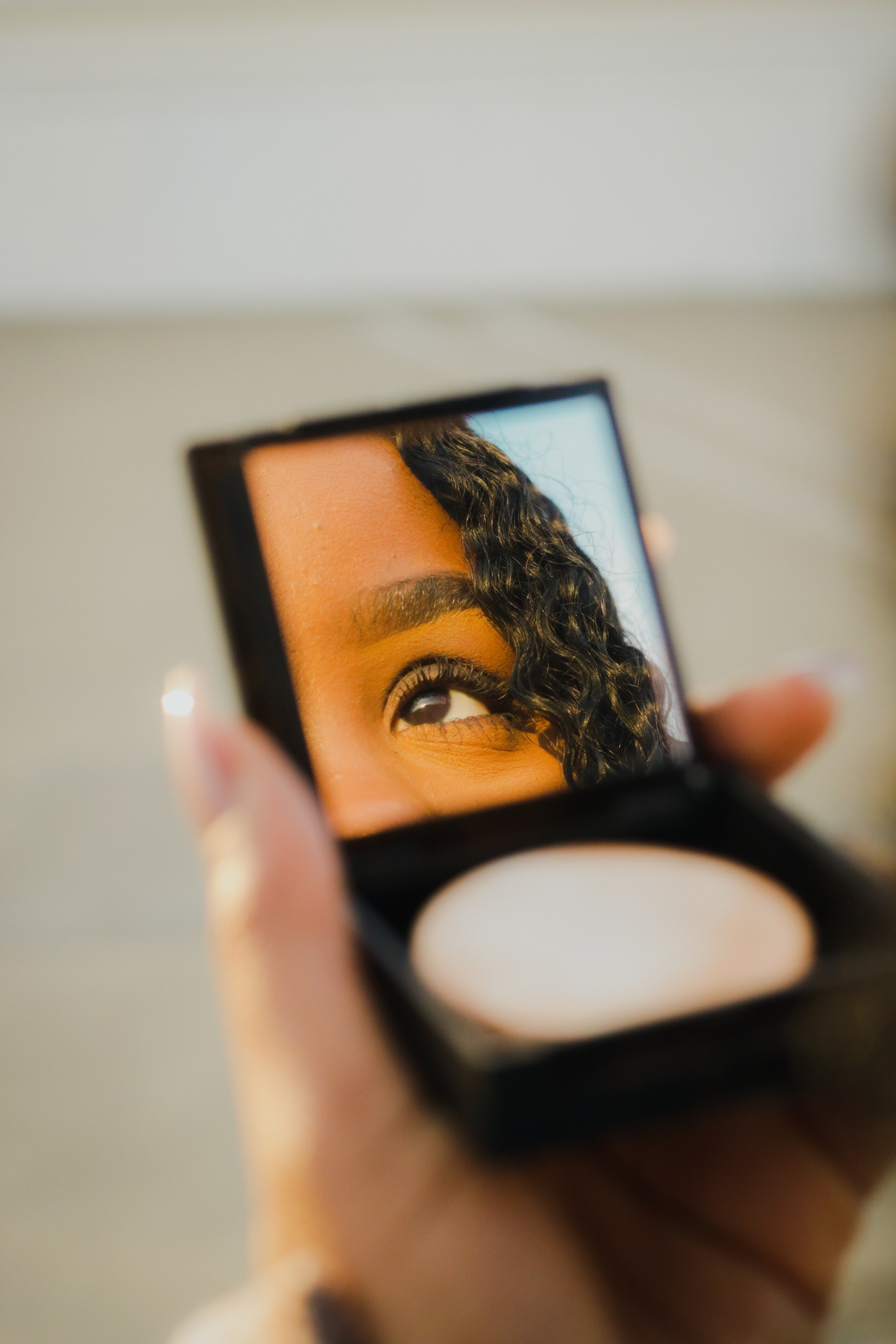Do you ever look at people at a café and try to guess their names? Yes, she does look like a Veronica, she seems like a strong, independent woman. But there’s no way he is a James with a long and straight hair like this. Do you know someone who uses nicknames instead of their real name because it does not suit them? Maybe they are told all the time that they don’t look anything like their names. But how can a name be like a hat, that you can either put on your head or not? It is suggested that not only does appearance influence social perception, but this process works the other way around as well. Names are one of the aspects responsible for the image we project towards our surroundings, one that comes from external sources rather than internal ones such as age and ethnicity. We might have to start thinking about the way our names have their imprint upon our personality and physical appearance. Wait, are we suggesting that our names can change the way we look? That’s a bit too much, I mean, it’s just a random name chosen by our parents, right? Well, evidence says otherwise. In this article, we will explore ways in which names manifest their power over our lives, and contemplate the reason behind the social and psychological effects they produce.
Is there any proof?
The suggestion that we look like our names does sound a bit unbelievable, given the fact that we can control how our face looks only up to a certain point. But the references to different types of matches between a person and their names expressed in everyday situations made researchers initiate studies and inquiries based on this doubt. The most prominent and well-known between these researches is the one conducted by the American Psychological Association, entitled: We Look Like Our Names: The Manifestation of Name Stereotypes in Facial Appearance. The scientists behind this research examined how people and computers relate to different names and reached the conclusion that social conventions create frameworks that make us associate certain physical or behavioral characteristics to particular names. They also noted that this phenomenon is stronger when the name comes from the same culture as the observer, in which case they have more stimuli for recognition and association.
The method that researchers used during this study was quite simple: they chose a picture of a person that the subjects did not recognize and allocated different names to that unknown person in the image. Then, they asked the participants to guess what the name of that person might be, from the list of a few names given to them. To their surprise, the participants chose the correct answer 38% of the time, which is significantly above the 25% chance level (in the case of 4 possible answers). They conducted this research with computers as well, and received similarly positive results. This ensured them about the idea that there must be something in names that make faces distinguishable, even if these differences are usually vague and only unconsciously detected.
One of the pictures shown to the participants was this one:
a. Jacob
b. Dan
c. Josef
d. Nathaniel
What would you have answered?
The “correct” answer was guessed by 38% of the participants, and it was Dan. What makes this person look like a Dan? The study suggests that this happens simply because the real name of this person was also Dan, and this name manifested itself in his appearance.
Still having doubts? Let’s play this scenario out unofficially. Look at the following pictures, choose one from the four listed names and compare your answers to the ones at the end of this article, guessed by the people at our office. Then show them to someone who is with you while you’re reading this article and let them guess too.
a. Charlotte
b. Olivia
c. Sylvia
d. Jennifer
a. Bob
b. Christian
c. Joseph
d. Abraham
Did the answers happen to be the same?
Why do people think I look like my name?
Following up on the ideas conveyed by this research, we now can start wondering why all this happens. Names, as we have mentioned before, are external social factors that influence our lives from the day we get them. But how does society connect seemingly insignificant groups of letters to very much alive and changing faces? There are several factors that encourage communities to do so, and which aid social expectations and create a shared schema for names. Everyone creates mental images that pop up when they think of a name, which are like prototypical face representations influenced by a variety of factors. This is how we can very confidently tell whether a name suits a person or not and can remember names easily if the bearer looks like it. In the following we will enumerate a few of the reasons that make this possible.
First, there is a very important factor which has to do with how a name sounds, or more commonly referred to only as the “bouba-kiki effect”. This is a circumstance where we allocate certain abstract attributes to words by the way they sound. The “bouba-kiki effect” is even more relevant in the case of names, since these hint to a person with feelings and can seemingly influence how they are perceived. We thus very comically associate names containing round sounds with round-headed people, for example. Can you imagine a Bob who looks like Jim Carrey in Ace Ventura? Probably yes, but only with a bit of effort. We have discussed this phenomenon in detail in another article on our blog page: Names Shaping Personality
Another aspect worth mentioning is relevant for names which have a well-known meaning, literally or abstract. It’s very easy to suppose, for example, that someone named Leo is a ginger or has freckles. It’s similarly given that we associate the name Flora with a delicate and girlish face. It’s inevitable for us to create such connections, which might only be changed if we get to know someone with a certain name, and from then on, there’s no escape, we will always associate their names with their faces. This is how personal names gain meaning for us personally through the years, because of experience.
One final example of such reasons is the existence of emblematic names tied closely to famous bearers in the past or present who eternalized these through their personality. This is a historical and cultural aspect that changes according to different groups of people and niches, but which is really significant in the process of distinguishing names from each other based on supposed physical characteristics. We are probably connecting the same facial features to the names Rihanna, Frida or Barack. Another important cultural influencing force is that of social media, which also makes us project the same mental image when hearing the name Karen, for instance.
Why do I make myself look like my name?
Some of us like our names, some of us learn how to live with them in peace. They are like tags that our parents place on us while we are busy discovering that we have hands and hair, certainly before they could know what kind of people we are going to become. We have learnt how to grow into them. But does this mean that with a different name, we would have become different people? The difference would probably not be too drastic, but it would certainly be existent. By following up on the ideas explored in the previous parts of the article, we will look at another side of a never-ending cycle where names create social expectations and then these labels are placed upon people who start acting their part. So do our physical features change because of the names that we use?
First, there’s a psychological phenomenon called “the Dorian Gray effect” alluding to Oscar Wilde’s novel in which the hedonistic deeds of the protagonist affect his portrait. This effect refers to the way in which internal factors such as personality or self-consciousness can influence external appearance. It is obvious in the case of confident people, for example, who appear much more attractive regardless of the social beauty standards, just because of their iconic aura. It is not so evident, however, in the case of names. But why wouldn’t it be? There are expectations tied to our names not only in terms of personality, but also in terms of appearance. And there are many ways in which one can change their looks, from choosing a new haircut to makeup and accessories. Social expectations thus might lead us to change behavior and appearance, and these might be based on names too. People might assume something about boys named Jacob and they might interact with them accordingly. After this, Jacobs might start to confirm these stereotypes and act a certain way because of the treatment they have received.
Furthermore, names might carry a personal meaning, especially if it runs in the family or is tied somehow to one’s birth circumstances, as in many African and Asian cultures. This might also become a reason for names shaping identity and appearance based on expectations placed on an individual at birth. This way of influence on someone’s self-perception is called “self-fulfilling prophecy” by scholars, a term which points at the process of us becoming what society expects us to become. According to this logic, someone named Joy has more chances of becoming an optimistic and lively person with a continuous and bright smile than someone named Lola, a name which means “sorrow”. Furthermore, a girl named Rose might be coded to act feminine and delicate and to dress accordingly, as opposed to one named Alex, who has a neutral name that might make her become a tomboy, wearing no make-up or ribbons whatsoever. This phenomenon does not only happen in the case of names, since it is suggested by marketing professionals that brands also make people change their looks. Everyone thinks they can identify BMW drivers and iPhone users, for example.
It is up to everybody to further contemplate the degree to which they might change their looks in terms of their names. The possibility of names influencing faces is certainly there. And what’s even surer, that we all attempted guessing someone’s name based on their faces. It’s a fun game, we highly recommend it.
Our answers
1st image: Sylvia
2nd image: Christian
References
Zwebner, Y., Sellier, A.-L., Rosenfeld, N., Goldenberg, J., & Mayo, R. (2017). We look like our names: The manifestation of name stereotypes in facial appearance. Journal of Personality and Social Psychology, 112(4), 527–554.











